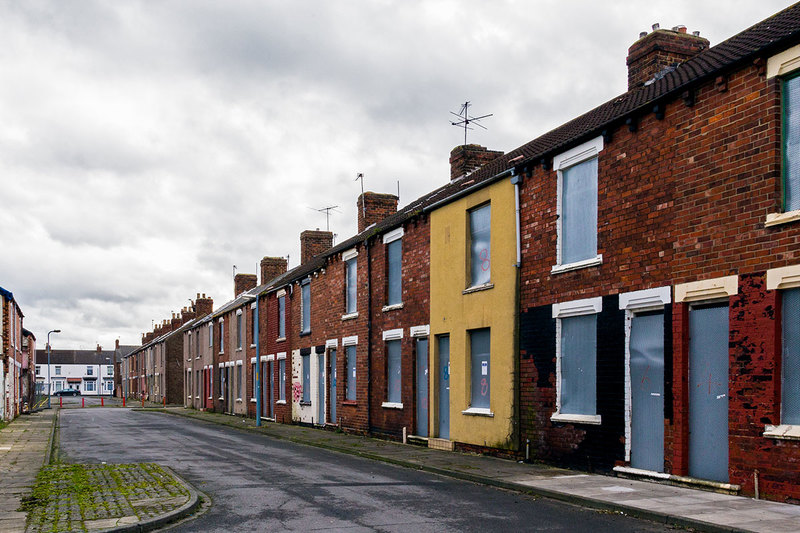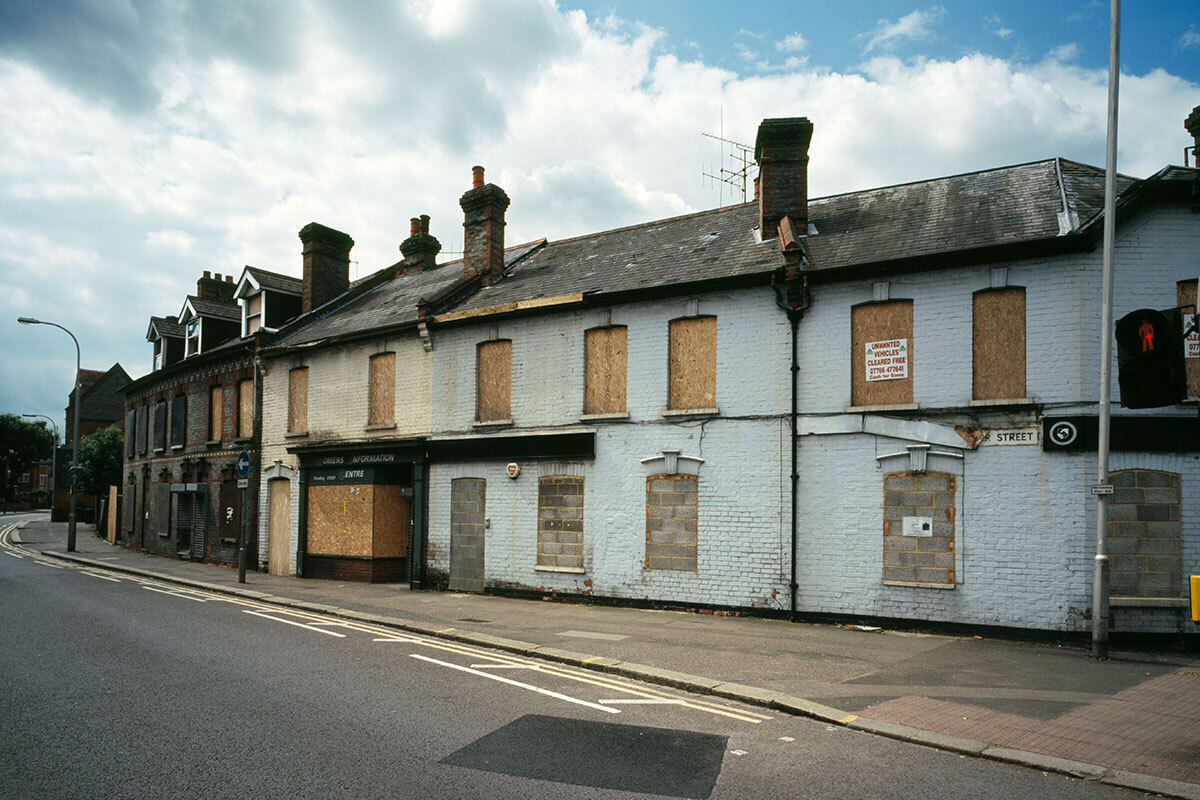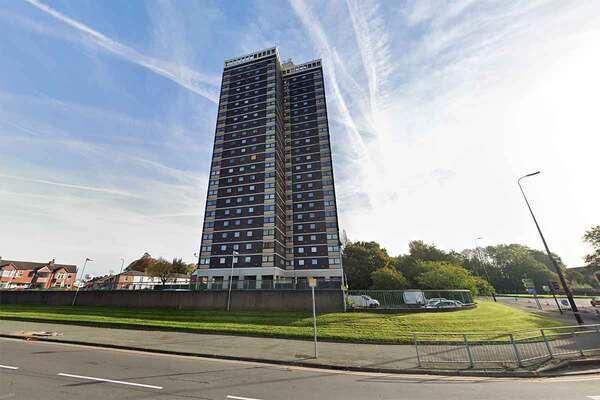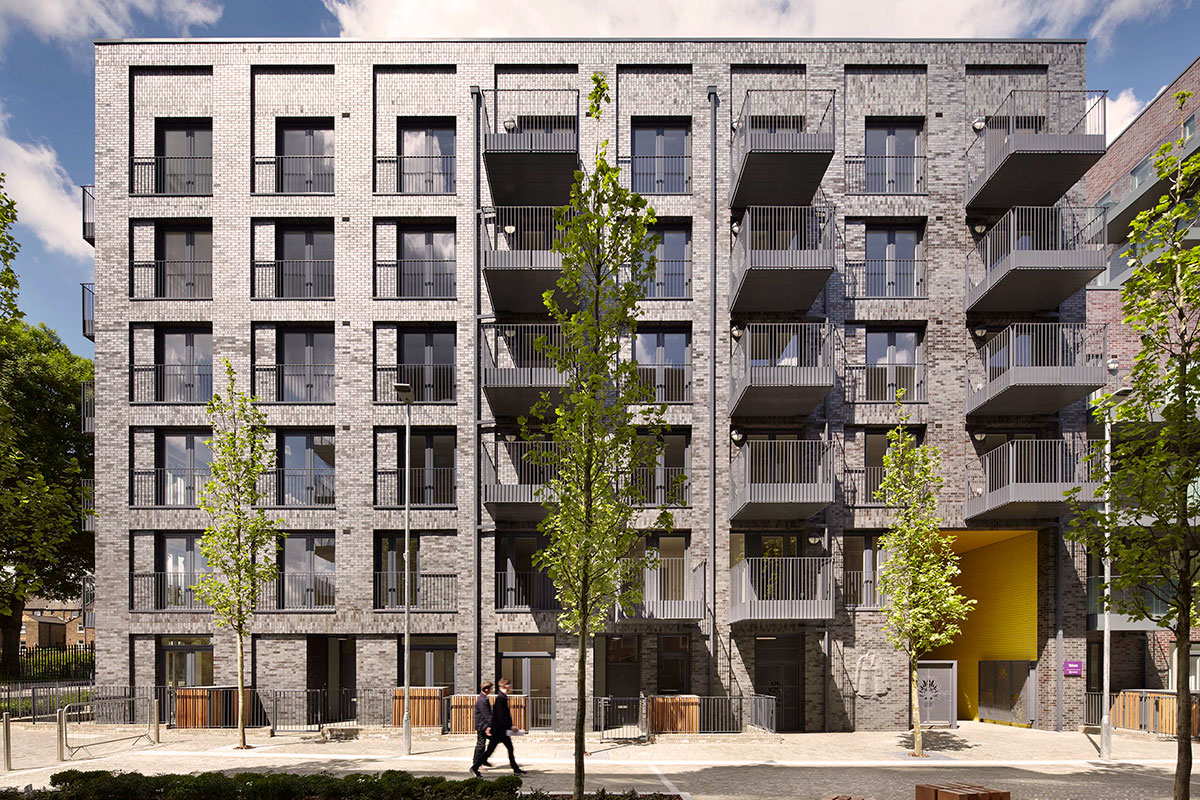You are viewing 1 of your 1 free articles
Now is the time for the government to introduce ‘community right to buy’
In areas where there is a greater number of empty homes and continued speculation from buy-to-let landlords, ‘community right to buy’ would help catalyse locally led regeneration, writes Alex Diner
Despite years of rhetoric around levelling up, recently described as a “sham”, England remains riven by geographical and regional inequality. Angela Rayner criticised the government’s levelling-up agenda as “false promises”.
Decades of centralised decision-making and under investment in our former industrial heartlands have produced a country in which access to jobs, well-being and opportunities continue to be driven by which part of the country you happen to live in.
When areas of the country are held back by failed government policy, residents can see their neighbourhoods decline.
This often shows up in the built environment, in the form of empty and dilapidated streets. These attract anti-social behaviour, depress property values and damage local communities’ pride in their area.
Governments over recent decades have attempted to tackle this problem. The last Labour government invested billions to regenerate deprived communities and tackle empty homes. Between 2012 and 2015, the Coalition Government’s Empty Homes Programme provided grant funding to social landlords and community-led housing groups to breathe new life into empty homes.
But since the Empty Homes Programme was scrapped in 2015, the number of homes lying unoccupied has increased by 22%.
An ecosystem of community-led housing organisations – such as Giroscope in Hull, Latch in Leeds, Community Campus in Stockton – buy and renovate poor-quality and empty homes to let below market rents. These groups can transform previously dilapidated homes, provide truly affordable housing, revitalise empty streets, and provide local job and apprenticeship opportunities.
By definition, these groups are locally focused and are composed of people genuinely grounded in their communities.
“When areas of the country are held back by failed government policy, residents can see their neighbourhoods decline”
This model is how many of what became the UK’s largest housing associations began their existence. But many of this newer wave of community-led housing organisations prefer the flexibility that comes from not being registered social landlords.
This means, however, they do not have access to Affordable Homes Programme grant funding. There is now no central grant support available to them, and rising interest rates pose a threat to their funding model.
When community-led housing associations want to buy new properties, they are often in competition with buy-to-let landlords, often cash buyers with large portfolios, and are therefore less exposed to soaring interest rates.
While some private landlords are selling up as a result of a curtailment of the favourable conditions they have enjoyed for a number of decades, deprived areas still provide opportunities for buy-to-let, often absentee, landlords to speculate.
Low house prices in deprived areas mean they continue to produce relatively high rental yields for landlords. Crucially, these landlords continue to extract rent from local economies while failing to invest in the homes, people or communities.
Community-led housing groups – as well as other social landlords and indeed owner occupiers – therefore often struggle to compete with these equity-rich portfolio landlords.
The sector therefore needs support if it is to be sustained, let alone flourish and play an important role in regenerating communities. Public investment in community-led housing is also good value for money, creating £3 in value for every £1 in public money spent.
“Why not use that money to allow social landlords and community groups to buy homes, tackle rising homelessness and regenerate communities which have been held back?”
If we want these organisations to have a competitive advantage over wealth-extracting buy-to-let landlords, the government should introduce a ‘community right to buy’. This would give social landlords and community-led housing organisations the right of first refusal for a set period when properties become available for sale.
With the Levelling Up Bill currently making its way through the House of Lords, this is the perfect opportunity to add community right to buy as an amendment.
Community right to buy has support from the community-led housing sector, but will not be necessary in areas where market demand and prices are already high. However, in areas where there is little demand from residential homebuyers, but a greater number of empty homes and continued speculation from buy-to-let landlords, community right to buy would help catalyse locally led regeneration.
This must be backed up by the introduction of a national housing conversion fund, previously called for by the Affordable Housing Commission, with a significant chunk of money dedicated to supporting community-led groups.
The government failed to spend £600m of the Affordable Homes Programme in 2022-23 because developers do not want to build in current market conditions. Why not use that money to allow social landlords and community groups to buy homes, tackle rising homelessness and regenerate communities which have been held back?
Alex Diner, senior researcher, New Economics Foundation
Sign up for the Social Housing Annual Conference and Inside Housing Development and Regeneration Summit
New for 2023, the Social Housing Annual Conference is joining forces with the Inside Housing Development and Regeneration Summit.
Join 600 attendees with a shared vision of planning and funding the strategic future of their business and the delivery of quality, affordable homes. If you work within a leadership or development role in the housing sector then this is the must-attend event of the year.












